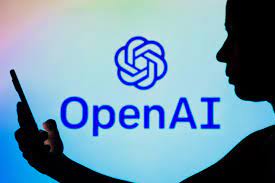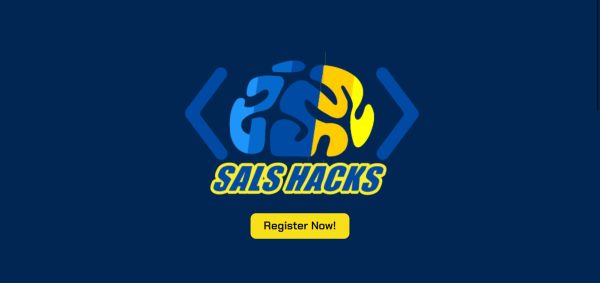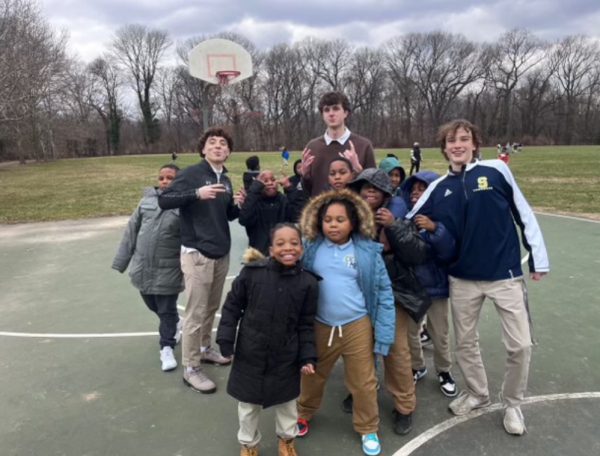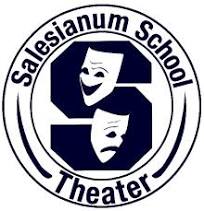A Game Changer
January 12, 2023
A new piece of AI was released to the general public, with awe-inspiring capabilities that could be a game-changer for Salesianum students. English Department Chair, Mr. Isaac, sees it as an fascinating addition in academia. ”You can tell the difference between if it’s a robot or a human, but it’s not (all?) bad; I’ll tell you that.”
ChatGPT, by the OpenAI group, was released for another level of testing to the general public, and proved to submit near-perfect responses to random queries and requests.
ChatGPT is a natural language processor, which uses training of the English language with reinforcement learning from the group and training by the public to greater its sense of the English language and other data. ChatGPT, by the OpenAI group, was released for another level of testing to the general public this time, and proved to submit near perfect responses to random queries and requests. And with support from the Microsoft Corporation approaching with a reported 10 billion investment being considered, there is a lot more space for it to go in terms of sophistication
The chatbot has proved to be useful in one major detail; it is highly talented at writing English pieces, including but not limited to essays, poems, and stories. Daniel Herman, a teacher in California, was less than optimistic of the technology in his Atlantic article titled:“The End of High School English.” According to the article,”What GPT can produce right now is better than the large majority of writing seen by your average teacher or professor. “
Mr. Issac noted that Salesianum would have to begin to change how they test students, and assign papers as well. Other teachers have already started to look at other ways of assessing students, like oral reports instead of written essays.
In Nature Magazine, Chris Stokel-Walker noted the issues with possible outsourcing of projects, but that the new work would have to be more intensive in the critical response and reasoning area, with the intent of making it harder to make generated content for real submissions.
Math teachers, however, can breathe a sigh of relief. The math capabilities of ChartGPT are quite limited at performing word problems, which stem from AI itself, and the model is not inherently trained to learn math. For now, Wolfram Alpha, along with the large class of math assistant software, will be the only enemy of the math teacher. Ms. Schuster sums up her take on these assistants, saying “As long as its used for good and not for evil”, noting that if students can “maturely” use these apps to learn how to solve an answer rather than blindly copy, the use would be somewhat understandable.











